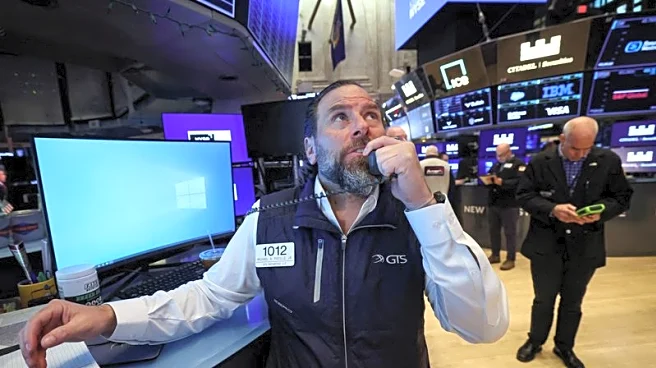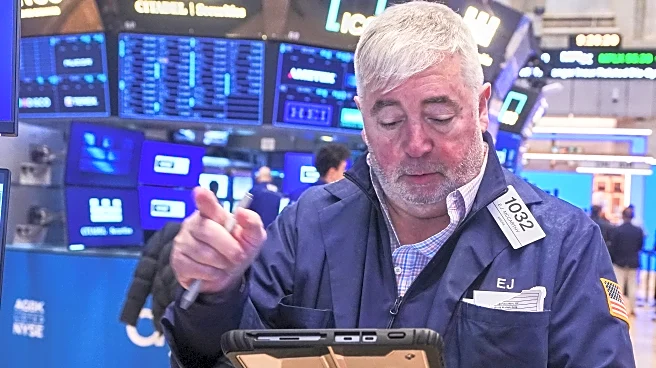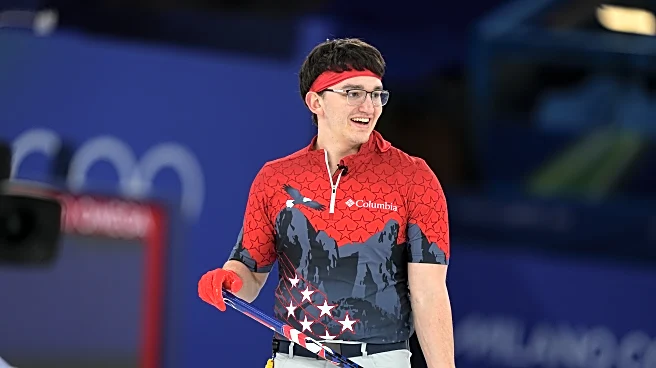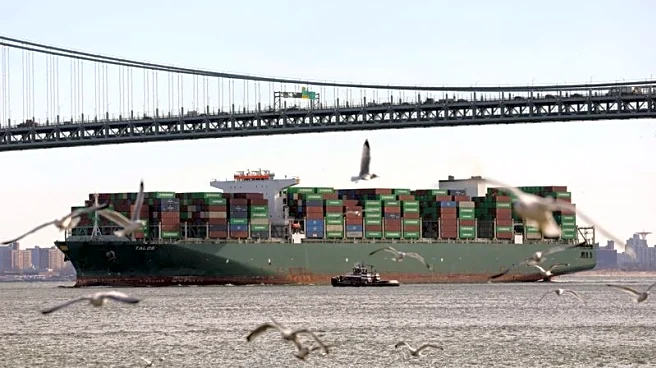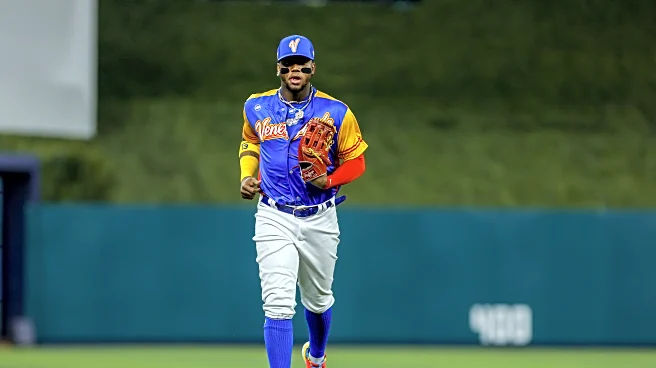Rapid Read • 6 min read
The European Union is contemplating the introduction of secondary sanctions to prevent third countries from aiding Russia in circumventing existing sanctions. This move is part of the EU's 19th sanctions package, which focuses on Russian kidnappers of Ukrainian children. EU foreign ministers are set to discuss these measures in Copenhagen, including the use of an anti-circumvention tool that could restrict exports to countries aiding Russia. The EU's approach reflects its efforts to tighten sanctions as direct measures against Russia reach their limits.
AD
The consideration of secondary sanctions marks a significant shift in the EU's strategy, potentially impacting global trade dynamics. By targeting third countries, the EU aims to close loopholes in its sanctions regime, increasing pressure on Russia. This approach could strain relations with countries that have economic ties to Russia, affecting international trade and diplomatic relations. The EU's actions also align with U.S. efforts to impose additional measures on Russia, highlighting the transatlantic cooperation in addressing the conflict.
The EU's decision on secondary sanctions will depend on the outcomes of discussions among member states. If implemented, these measures could lead to diplomatic tensions with countries affected by the sanctions. The EU will need to balance its objectives of pressuring Russia with maintaining stable international relations. The effectiveness of these sanctions will be closely monitored, as they could set a precedent for future international economic measures.
AD
More Stories You Might Enjoy
